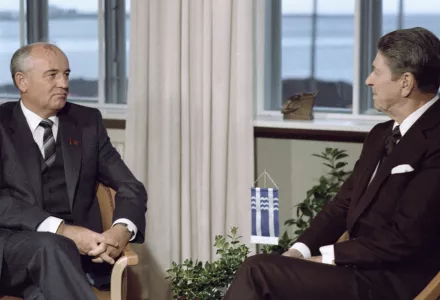Sarah Bidgood directs the Eurasia Nonproliferation Program at the Center for Nonproliferation Studies, which is part of the Middlebury Institute of International Studies at Monterey. Her research focuses on US-Soviet and US-Russia nonproliferation and arms control cooperation, as well as the nonproliferation regime more broadly. Bidgood served on the secretariat at the 2015 NPT Review Conference, and she has been a member of a national delegation at each of the last three NPT Preparatory Committee meetings. She is also the author of numerous articles in publications such as Arms Control Today, The Nonproliferation Review, and Foreign Policy. Her analysis has been featured in media outlets including The Washington Post, CNN, NBC, NPR, The Guardian, Vice News, and VOX. Bidgood holds an MA in Russian, East European, and Eurasian Studies from the University of North Carolina – Chapel Hill and an MA in Nonproliferation and Terrorism Studies from the Middlebury Institute of International Studies at Monterey. She received her BA in Russian language and literature from Wellesley College.

